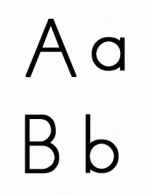“We live in groups, families, communities, societies. We work collaboratively in organizations, fight in bands and armies, take pleasure in events where we gather together to dance, party, watch or play sports. We interact in pairs, and small and large groups, whether in love or in hate, in teams and gangs, and in everyday activities. We care for one another and experience sympathy, empathy, or a sense of obligation to some, though not to others.” (Neuro, 142)
This passage really spoke to me because during this time of my field study i’ve been dealing alot with defining who I empathize with and where I see those empathetic interactions around me.
I ask myself every time I write, who is this for? Who am I trying to speak to?
Am I empathizing or showing lack of empathy?
What have I seen of empathy?
I’ve watched groups of people in different environments come together
I’ve seen gangs form on the streets, and watched gangs take another form on a college campus
I’ve known well what happens when groups come together out of love and when they come together out of hate.
I’ve experienced what happens when people from different backgrounds come together to party
I’ve been a part of different communities and i’ve been apart from different communities.
Where do my obligations lie?
If I had to give an answer, i’d say my obligations lie with the oppressed.
Yet, my biggest obligation is to myself, to maintain who I am
But to learn from the other groups of society’s oppressed people
I will be the loud speaker that they can scream through
Because I empathize with them, as they do with me.
And that is the reason I want to make music.

